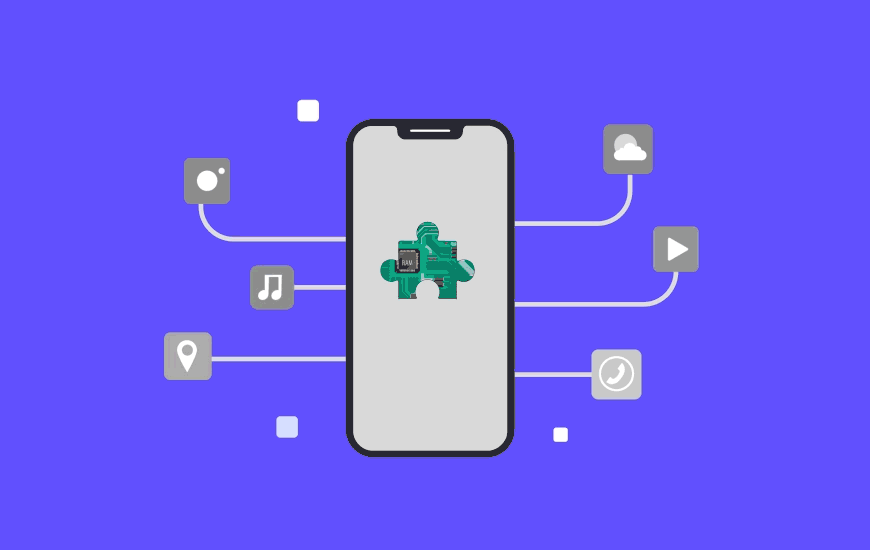Theoretical Aspects of APIs
 Aaditya Chachra
Aaditya ChachraTable of contents

If you're a little bit into computers or tech, whatever they say, then you must have come across the word 'API' and yes, I know, that you are curious to learn about APIs and their operation. Well, the time has come to put your curiosity to an end, because today in this article we'll be discussing various aspects of APIs, and how an API enhances the functionality of a project.
APIs or application programming interfaces are a set of rules and protocols that define how two systems should communicate with each other. It acts as a bridge between different software programs, allowing them to share functionality and data. For example, an e-commerce website might use an API to communicate with a payment processing service, allowing customers to make payments on the website without the website having to handle the complexities of processing payments.
APIs can take many forms, but they are typically based on a standard protocol, such as HTTP or HTTPS. These protocols define how the systems should send and receive data, as well as any security or authentication requirements.
There are many different types of APIs, each with its specific use case. Some common types of APIs include:
Web APIs: These are the most common type of API, and are typically used to communicate over the internet. Web APIs use HTTP or HTTPS as their underlying protocol and are accessible via a URL.
Database APIs: These are used to interact with a database, allowing developers to retrieve and manipulate data stored in the database.
Cloud APIs: These are used to interact with cloud-based services, such as storage, computing, or analytics services.
Operating System APIs: These are used to interact with the underlying operating system of a device, allowing developers to access system-level functionality.
APIs are also commonly used for the integration of different systems and platforms. For example, a company might use an API to connect its internal systems to external systems, such as a customer relationship management system or a supply chain management system. This can streamline business processes, improve data accuracy, and increase efficiency.
In conclusion, APIs are a fundamental component of modern software development, providing a way for different software programs to communicate and share functionality. They come in different types and forms, each with its specific use case. Understanding how to use APIs can help developers to create powerful, flexible, and efficient systems that can integrate and enhance their business processes.
Now, I guess you are clear about the theoretical aspects of APIs and their functionality. If you have any queries, do feel free to reach out to me!
Subscribe to my newsletter
Read articles from Aaditya Chachra directly inside your inbox. Subscribe to the newsletter, and don't miss out.
Written by

Aaditya Chachra
Aaditya Chachra
I am a freshman at Netaji Subhas University of Technology (NSUT) pursuing B.Tech in Mathematics and Computing (MAC) branch.